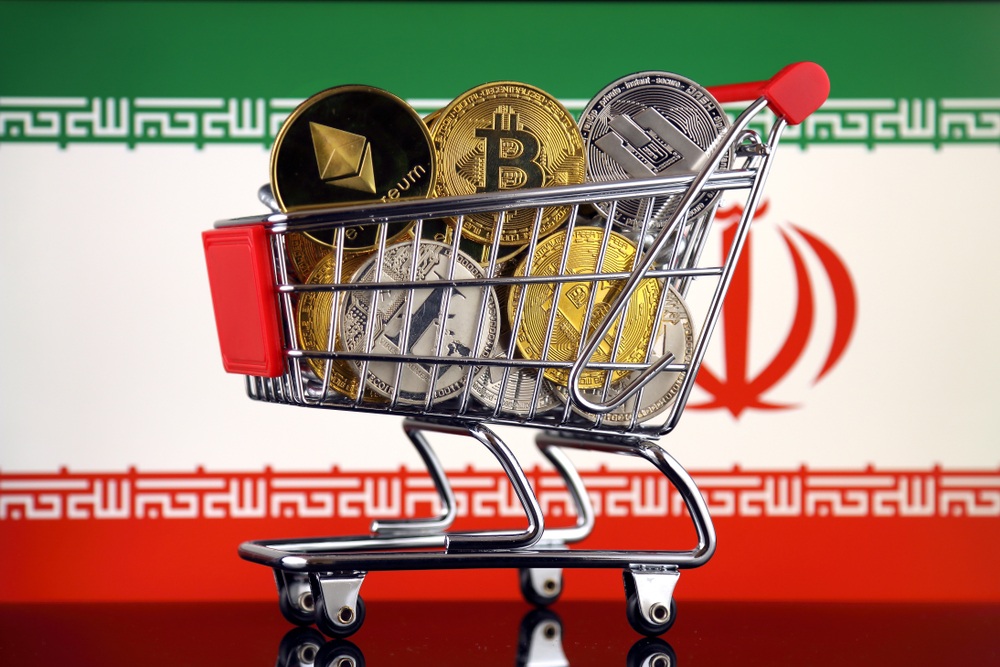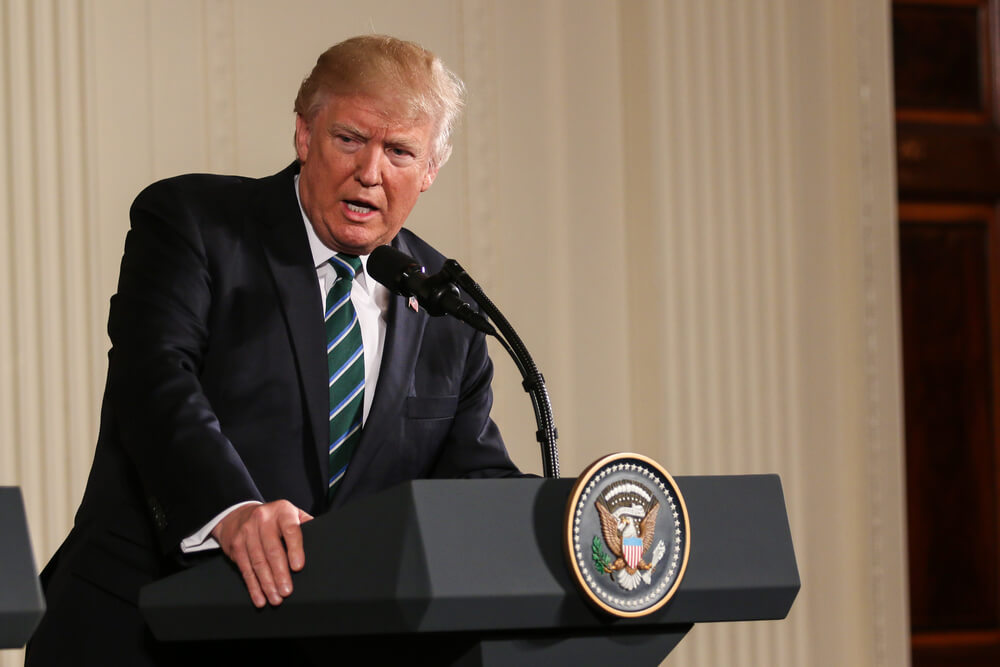What Ban? Iranians Spend $2.5 Billion Buying Cryptocurrencies in Capital Flight

Iran has seen over two and a half billion in capital outflows toward cryptocurrency purchases according to a senior government official while the central bank cools talk of a banking blockade on the sector.
Iranian citizens have spent over $2.5 billion in buying cryptocurrencies beyond the country’s borders so far, the head of the Iranian Parliament’s Economic Commission told local publication IBENA over the weekend.
Majils (the Iranian Parliament) Economic Commission chief Mohammad Reza Pour-Ebrahimi reportedly said:
“Despite the fact that a minority of citizens in the country are customers of cryptocurrencies, more than $2.5 billion has been sent out of the country for buying digital currencies with a majority of people [investors] in it for speculative activities and huge profits.”
The revelation comes at a time when the Iranian rial plunged to a new low against the US dollar after months of depreciation leading up to the United States’ formal withdrawal from the Iranian nuclear deal on Wednesday. Nearly a month ago to the day, panic buying of rare US dollars saw a single USD exchanged for up to 60,000 rials in Tehran, Iran’s capital city. Already an all-time low, the rial plunged even further following Trump’s announcement on Tuesday night, with a dollar being sold for as much as 80,000 rials according to Reuters.
With fears of an economic crisis brewing, it’s little surprise then that Iranian citizens are turning to cryptocurrencies.

As reported in April, Iran’s central bank banned the country’s banks from offering services to cryptocurrency firms or dealing in cryptocurrencies domestically, forcing citizens to turn to international crypto exchange platforms and ultimately leading to capital outflows. At the time of enforcing, the Central Bank of Iran (CBI) said the curbs were to put an end to money laundering and terrorism financing through cryptocurrencies.
However, Iran’s ICT minister Mohammad Javad Azari-Jahromi recently revealed that the ban was to prevent capital flight rather than any concerns of money laundering.
According to Iranian publication Financial Tribune , the minister was quoted as stating:
“The ban on trade of cryptocurrencies such as Bitcoin by CBI, as the financial and currency regulator of the country, is to prevent the flight of foreign currency under the current circumstances of the country.”
In a further twist, the central bank circular sent to financial institutions mandating the banking blockade is “not the final policy” of the central bank, according to CBI’s deputy of innovative technologies Nasser Hakimi.
“In fact, no policy at any time is final and policies are considered for various time spans,” the CBI official added, insisting that the central bank is planning to reveal its regulatory framework for cryptocurrencies by September this year.
Images from Shutterstock.